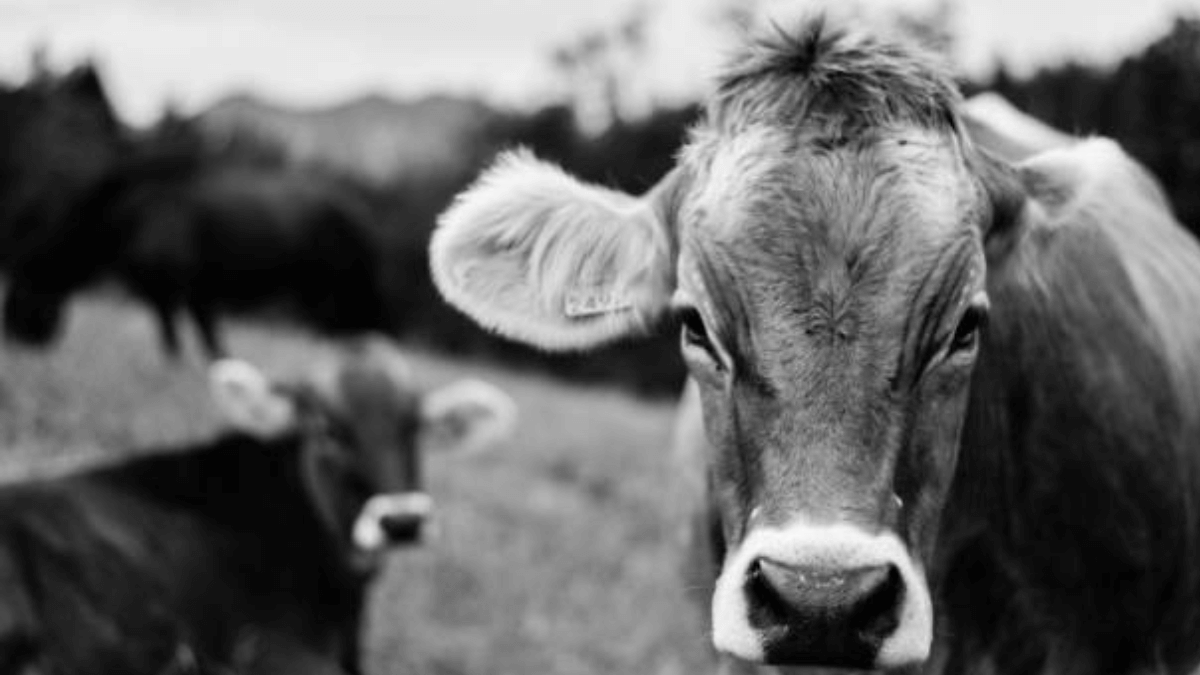News in brief:
– Nigeria’s livestock sector stakeholders urge for a unified digital taxation system.
– Recommendations focus on animal identification, climate-smart agriculture, and feed security.
The Presidential Livestock Reforms Implementation Committee (PLRIC) has urged the Nigerian government to introduce a unified digital tax for the livestock sector. This recommendation, issued after a consultative workshop, aims to simplify regulations and attract investments, both local and foreign, to enhance the sector’s competitiveness.
Animal identification and feed security programs
Experts highlighted the need to avoid overlapping regulations to make the sector more investment-friendly. Streamlined rules would help businesses, researchers, and farmers work under clear guidelines, spurring growth. Chaired by former Academic Staff Union of Universities (ASUU) president, Attahiru Jega, the committee also proposed stricter anti-smuggling measures and regulated importation to stabilise the market.
The PLRIC recommended strengthening the National Animal Identification and Traceability (NAIT) system, crucial for monitoring livestock movements. This move would boost security and improve product standards by reducing theft. In response to feed shortages, stakeholders called for a national feed security program to ensure reliable access to grains, forage, and animal feeds essential for productivity.
Climate-smart and waste management initiatives
Recognising the impact of climate change, stakeholders advocated for climate-smart practices in livestock production. This approach would enhance resilience, reduce emissions, and protect livelihoods in the face of changing weather patterns. Additionally, the committee recommended building strong data infrastructure, including genetic conservation resources like gene banks, to inform policy and manage livestock waste sustainably.
PLRIC proposed frameworks to address farmer-herder conflicts, aiming to support peaceful co-existence and avoid disruptions in livestock farming. They also suggested transforming livestock waste into valuable resources, reducing environmental impact while generating extra income.
President Bola Tinubu expressed support for these recommendations, committing to revitalszing the livestock sector, creating jobs, and attracting foreign investment to strengthen Nigeria’s economy.



